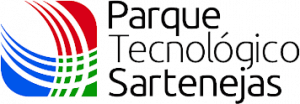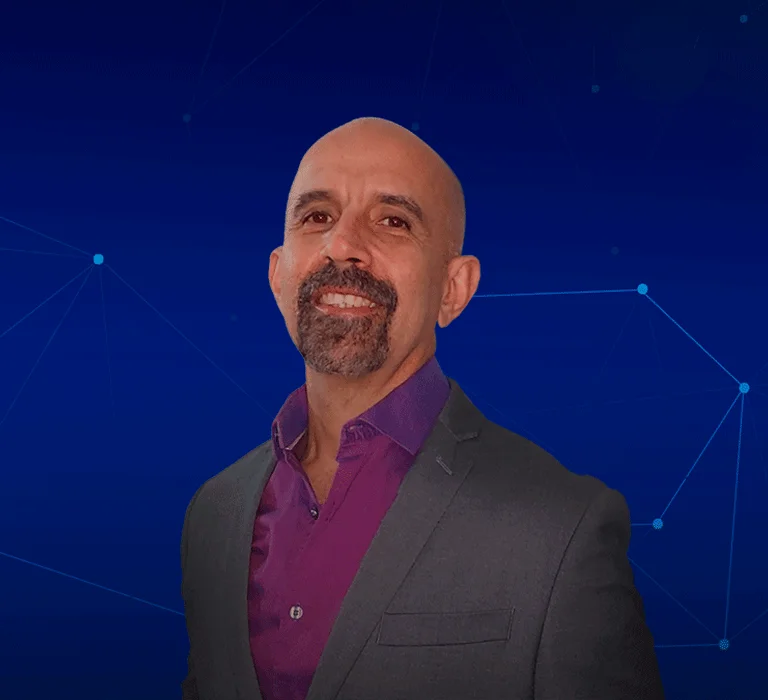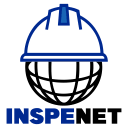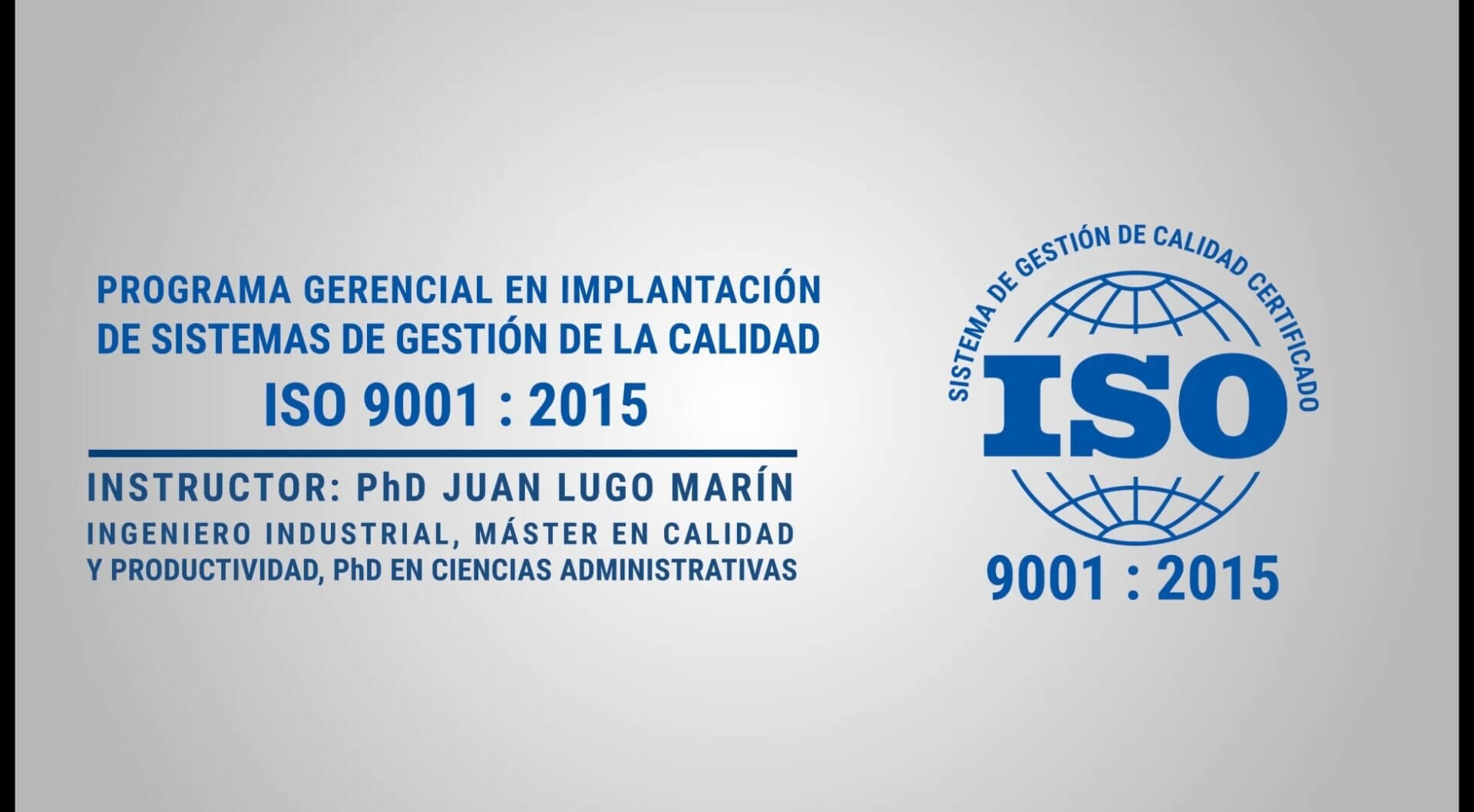MANAGEMENT PROGRAM
IN SYSTEMS IMPLEMENTATION
ISO 9001: 2015 Quality Management System
WHAT WILL YOU ACHIEVE WITH THIS DIPLOMA?

Skills to understand and apply the requirements of ISO 9001: 2015.

Management of methodologies for the successful implementation of a Quality Management System (QMS).

Competitive positioning as personnel in the quality area.

A certificate endorsed by prestigious institutions.
BACKED BY


ABOUT THIS DIPLOMA COURSE:
This diploma course will help you design, implement, audit and monitor a QMS with a focus on continuous improvement based on a process approach and risk-based thinking.
SKILLS YOU WILL GAIN:
Management of methodological tools to successfully implement a SGC.
Competencies for the establishment of the process approach in the implementation of a QMS.
Skills to effectively plan the implementation of a QMS.
Knowledge for the management of risks and opportunities within the framework of the SGC.
Competencies to effectively manage and execute an audit program.
WHO IS IT DIRECTED TO?
People interested in developing professionally in the area of quality.
Professionals who are working on the development and implementation of management systems.
Quality Auditors.
Managerial and managerial staff of organizations.
Organizations that require training of their staff in management issues.

BENEFITS OF THE DIPLOMA

Improvements in economic income.

Positioning and professional competitiveness in the sector.

Technical credibility.
WHAT DO YOU NEED?

A PC, laptop, tablet or smartphone.

Internet access.
YOUR OPPORTUNITY TO GROW PROFESSIONALLY WHERE AND WHEN YOU WANT IT
CURRICULAR STRUCTURE
-
Unit I: Theoretical foundations and context analysis
-
Unit II: Leadership and Planning
-
Unit III: Management of Support Processes in SGC.
- Unit IV: Operations Management, performance evaluation and improvement.
-
Unit I: The process-based approach. Identification and Sequence of Processes.
-
Unit II: Description of the processes.
-
Unit III: Monitoring and measurement of processes.
- Unit IV: Process improvement.
-
Unit I: Analysis of the external and internal context of the organization.
-
Unit II: Stakeholder Management
-
Unit III: Risk and Opportunity Management
- Unit IV: Implementation Methodology of a SGC.
-
Unit I: Basic concepts of auditing. ISO 19011: 2018 standard.
-
Unit II: Scheduling and Planning of Audits.
-
Unit III: Execution of Audits
- Unit IV: Competence and evaluation of auditors. Audits in progress.
MEET YOUR INSTRUCTOR

FACILITATOR
PH.D JUAN LUGO MARÍN
PH.D. IN ADMINISTRATIVE SCIENCES
Industrial Engineer (UNEFM, 1992). Specialist and Master Scientiarum in Management of Quality and Productivity (UNEFM, 1995 and 1997). Doctor in Administrative Sciences (UNESR, 2007). Post-doctorate in Business and Futures Studies at the Corvinus University of Budapest, Hungary (2007), also developing Research at the Futures Studies Department of the same university together with the Association of Futurists of the Hungarian Academy of Sciences.
He worked as a Quality Engineer (1992-1998) for Engineering, Procurement and Construction projects in the Oil and Gas sector for Petróleos de Venezuela.
Since 1998 he has led projects as Lead Consultant for the development and implementation of management systems (ISO 9001, ISO 17020, ISO 17025, ISO 45001 and ISO 14001) in companies in Latin America (Venezuela, Peru, Colombia, Bolivia, Panama and Argentina) and the United States.
He has developed consulting projects in a wide range of sectors such as: Engineering, Construction, Operation of facilities in the Oil and Gas sector, Inspection Services, Production of Cosmetics and Dietary Products, among others.
Extensive experience as a Management Systems Auditor since 1994, having trained as an Auditor with the French Association for Standardization (AFNOR) and FONDONORMA.
He has extensive academic experience at the university level (1993-2017) standing out as a professor in engineering careers, master’s degrees and doctorates. He has developed a long career as a researcher in the areas of quality management, strategic prospective, business models and productivity engineering. He is the author of various books, including: Quality Management in the Digital Economy and Strategies to promote Quality Management, among others. He has been the author of a significant number of scientific articles, papers and conferences in the academic field at the Latin American level.
RECEIVE INFORMATION, PRICES AND SCHOLARSHIPS!
By submitting your information,
one of our academic advisors will contact you





